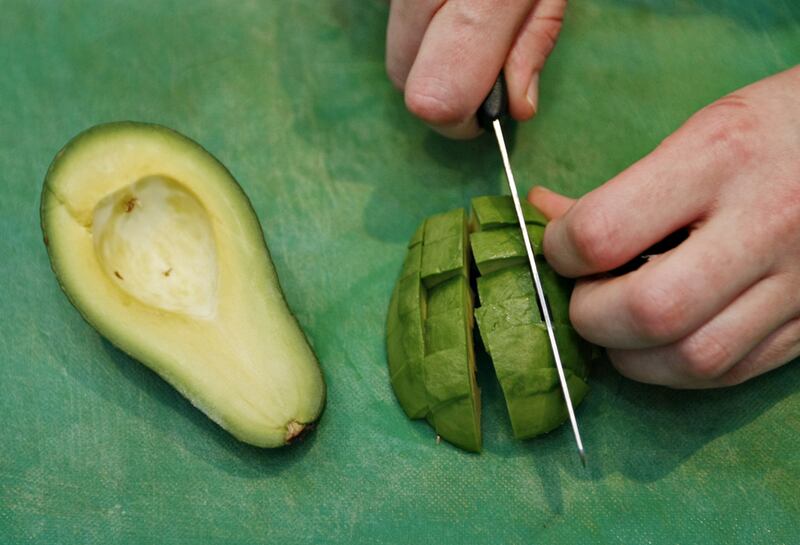Good health is about balance. Sometimes the harder we work out and the more we restrict our diet, the fewer results we see. A lot of the time, this is down to poor nutrition, and that includes not eating enough.
Nutritionist Linda O’Byrne, from the New Atkins Lifestyle, says the key to leading a healthy lifestyle is adopting good nutrition habits.
“Poor nutrition can tire you out faster and increase the chances that you’ll burn lean muscle mass as energy, which can slow your metabolism,” O’Byrne explains.
She has these 10 nutrition tips.
1. Don’t cut calories too low. By doing so, you not only risk lowering your metabolic rate, therefore making it harder to get fit, but you rob your body – and brain – of the vital nutrients it needs to function properly.
2. Don’t forget snacks. Snacking between meals keeps your blood-sugar levels stable, so you feel more energised and less preoccupied with a rumbling tummy.
3. Don’t skimp on fats. Fats are a prerequisite when following a low-carbohydrate lifestyle; they provide vital fuel for the brain. Add avocado to salads, drizzle veggies with olive oil and eat fatty fish, such as salmon, at least twice a week.
4. Stay hydrated. Sometimes dehydration can result in brain fog, a situation described as feelings of mental confusion or lack of mental clarity. Aim for at least eight to 10 glasses of water a day. Following a low-carbohydrate diet can cause your body to shed excess water – carbs make the body retain water – so it’s important that you drink up.
5. Get your daily salt. When your body sheds excess water, you may also lose some essential electrolytes. Have some table salt, soy sauce or broth every day to replace the sodium your body has lost.
6. Include protein with every meal. Protein keeps you feeling fuller for longer and replenishes your body with vital amino acids, particularly when you are exercising intensely. Aim for 120 to 170 grams of poultry, fish, meat, eggs or other forms of protein with every meal.
7. Reduce sugary foods and refined carbohydrates, such as white bread, pasta and white rice. These types of carbs initially cause a spike in your blood sugar levels that then drops, leaving you energised for a short time, followed by a crash. The fluctuations can also affect your mood and leave you feeling upset and irritable.
8. Be prepared. Clear your cupboards of junk foods and stock up on proteins, healthy fats and plenty of vegetables. Make meals in bulk and freeze them, so that you have delicious, nutritious food that you can easily heat up in a microwave.
9. Be kind to yourself if you slip up. It’s human to give into temptation every now and then, especially when dining out, having friends over or going to a party. If you slip up, move on from it. Beating yourself up will leave you feeling depressed and disappointed, so get right back on the wagon and you will soon be in fat-burning mode again.
10. Be patient. If you have put on some weight, remember that it hasn’t happened overnight, nor will you be able to lose the excess weight overnight. Slower weight loss is easier to maintain, so aim for 0.5 to 1kg per week.
healthyliving@thenational.ae






